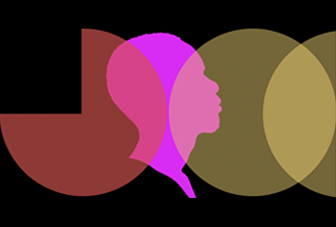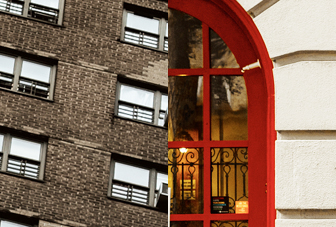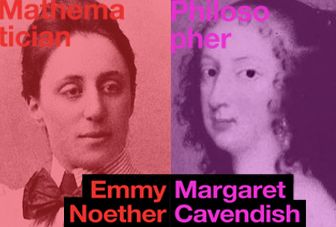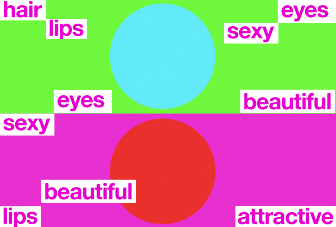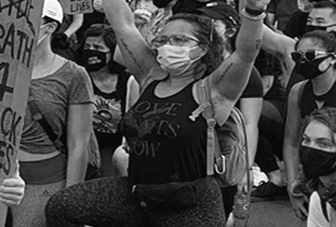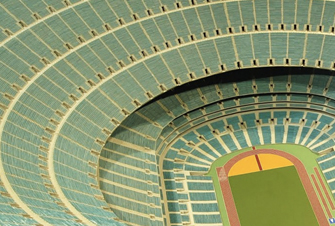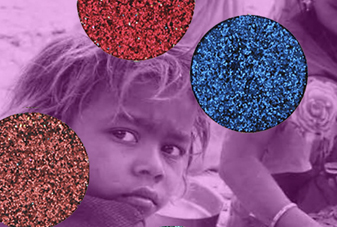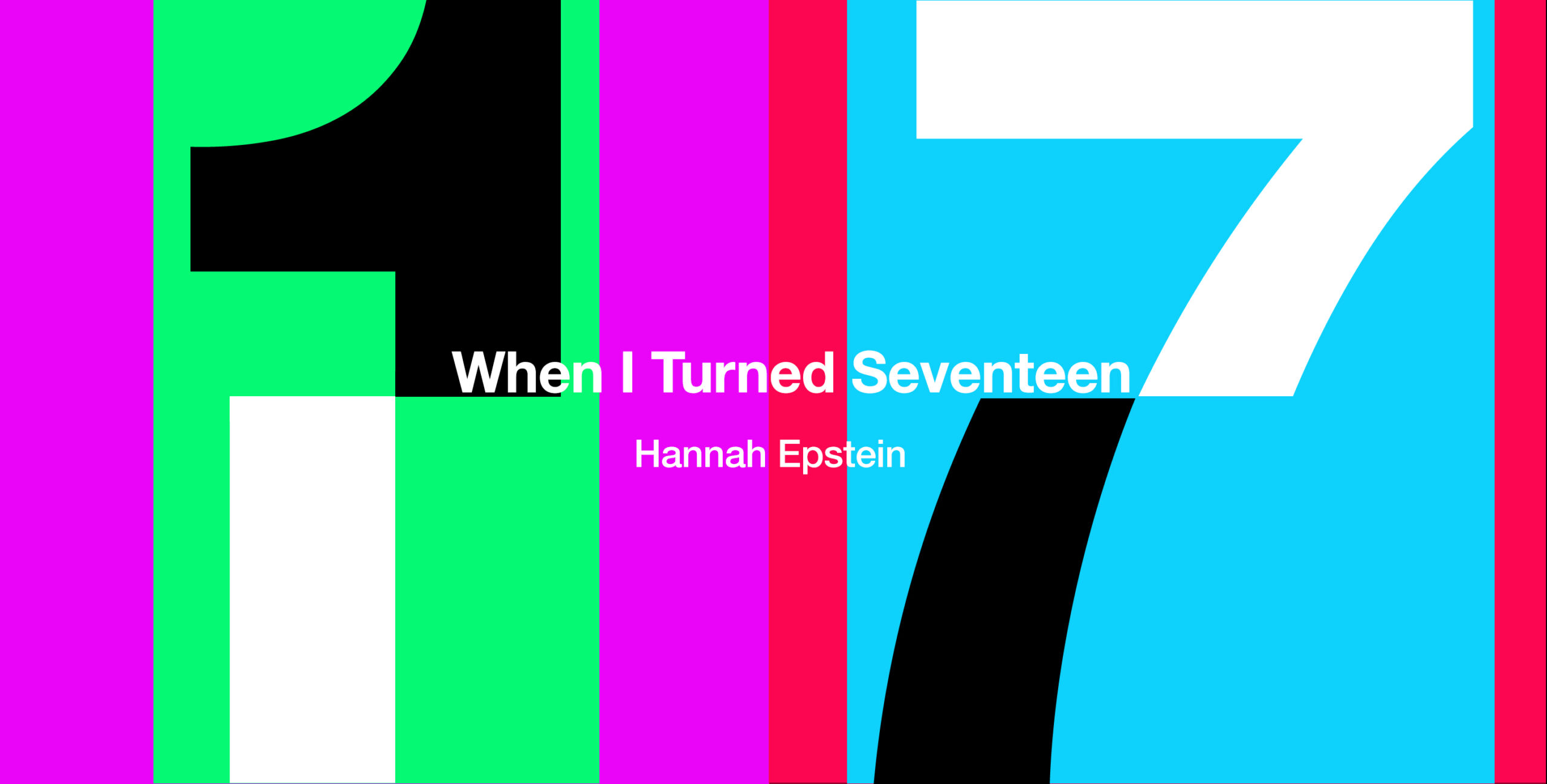
In my diary, there was a series I once continuously wrote. It was a set routine for almost every aspect of my life: summer morning routine, winter night routine, daily afternoon routine, study routine. A never-ending stream of plans fills the pages of what was supposed to be the most personal documentation of my life, a notebook that held a connection that would only ever be between myself and the words I wrote and secrets I told. I look back now, midway through an endless quarantine, and am distraught by how many plans I had written. Not only in my diary but also random post-its around my bedroom, the Peanuts-themed calendar that hangs above my desk, the notes application on my computer. Before this pandemic, I surrounded myself with a safety net of routine, which I now recognize was not about maintaining a 4.0 GPA or remaining productive, but instead, was an insurance card that reassured me that life was simple and organized as long as you put in the effort to make it so. My notebook had become my bible that protected me from the unexplored jungle of the world and gave me an invisible shield against the dangers in backlit alleyways.
It was this winter where I lost this naive innocence. I experienced my first romantic saga; a mess of crying fits, pep-talks from my mom, and listening to cliche break-up music. It is a universal experience, but I was offset and shocked that I had fallen into this trap of life, a trap that I had spent years trying to organize an army to protect me from. I had previously believed that as long as I knew what the right thing to do was I would make the moral choice. I had perceived myself as a steady and responsible person with a solid head on my shoulders. However, when finally forced to step away from the isolating world I had created, a place similar to that which a child plays in to avoid reality, I had made more than one bad choice. In fact, I had made a series of extremely thoughtless choices and I was aware of that the moment I made them. I overshared my feelings in situations I knew could only end in a complicated spectacle and had hurt friends I deeply cared about to have an opportunity to be with a person who, as far as I knew, rarely ever thought about me. I had seen myself before this situation as immune to the tragedy my mother, sister, and father had experienced in their lives; it was a credulous belief that likened me to a God.
It is this loss of innocence that becomes a defining moment in one’s life; the overly confident illusion to be able to score a perfect SAT with good studying practices, to always decide to stay home instead of going out to a teen party, that the world would always bend to one’s will, and that one could convince mother nature to not rain on a day where one planned a picnic. It is a difficult concept to be awakened to; that one is susceptible to making the same foolish choices that Romeo and Juliet made or that of Maria and Tony. The shattering of a mythical reality that no matter how many grim affairs one witnessed in their life as long they worked hard and were kind to those around them one could achieve success at an Ivy League school and be a true picture-perfect person. It is a dead-end belief that is destroyed by growing up; purely human in its obsession to constantly force the world to abide by one’s needs rather than nature’s desires.
This rude awakening can be postponed for a while, as I have learned, but it will always figure out a way to creep into one’s life. Maybe it is more frequently dreaded in my generation; as Generation Z fears complexity and promotes purity. Oftentimes they force life into small boxes with labels of “bad” and “good,” and throw-away aspects of life that are too complicated to be able to comply with those simple identifications. The world of cancel culture is an example of such; the standards to which people are held can be described as un-human at the least. It demands people to either be solely righteous or wholly evil. It setups a storyline that is as simple as a fairytale with distinguishable bad guys from good guys. The ideology that controls cancel culture is present in everything in mainstream media; from sexuality to music to history. It is a fictional world with narrow denitions that gives simple solutions to massive problems and makes change seem approachable and easy. So, possibly, it is this immature notion of purity and perfection that I have adapted to that made me shocked that I could be more flawed than the image I had invented of myself. I am not the Evil Witch of the West, nor am I Glinda the Good Witch. There is a grey spot, an undefined area, in which one recognizes that perfection is not achievable and that a life without trauma only exists in storybooks.
I assume this obsession with a pure life where everything is good and moral is something that all generations go through in their transition from fairytales to reality. Not only because it is easier to have self-respect when you live with an illusion of being a “good person,” but also because of the stories our parents read to us before bed, the movies we watch growing up, and the lessons we learned in kindergarten all prepared us for a world that had distinguishable imperfections. A world where there was always a protagonist and an antagonist; where there was no grey area.
After the mess of the romantic saga ended I had lost a sense of who I was. My perception of myself was no longer a black and white one, but one where I had done wrong. I had made a mistake with malicious intent and ignored my academic duties to wallow in those errors. Who was I? Could I possibly redefine myself after this event?
The answer I finally came to was that I could not redefine myself and that I had to accept that a person cannot be described with an aesthetic, a set of charitable acts, or a list of shortcomings. I look back upon my old routines, scheduled minute by minute, and see the flaw that my father had been so quick to recognize my whole life: there is no such thing as good or bad, evil or holy, perfection or imperfection, organized or messy. It is a false reality created by humanity to force nature to bend to its will, to create peace where there is chaos. Although most eventually recognize this fact, some continue with their lives clinging to routine and same-ness. It is a phenomenon that can be described as “holding onto the water.” It means to live a life where there is a never-ending list of excuses that define the chaos around us. It is a human attempt to give the world logic and prediction. It grows over time, beginning small with believing in true crime scandals that have little evidence and eventually expanding into a belief that the Earth is flat.
Oftentimes people do not realize why there are seemingly chaotic conspiracies such as Q-Anon. These are the people who were never able to confront the messy and unpredictable reality of life so they create narratives that allow them to cling to this religious belief in some organization. A world where humans can still bend society and nature to their will by creating a virus rather than nature randomly throwing one at people. A world where airplanes do not crash because of technical issues or weather but instead because it is a prepared coup by a group of the definable antagonists. The narrative created by people who “hold onto the water” is the same childish one that drove me to plan out every second of my life: a world of definition, reason, and isolation.
Now, as I approach my seventeenth birthday, I am beginning a new chapter. An era where I can no longer hide behind the imaginary reality I created and one where I must look up from the pages of plans I had written. It is something that, often, will keep me up at night. A transition from childhood to adulthood; from Disney princess films to Grimm fairy-tales.
Other Pages

Interview with Dr. Alexandre SkibaProject type

The Return Of The HistoryProject type

A Dead DreamerProject type
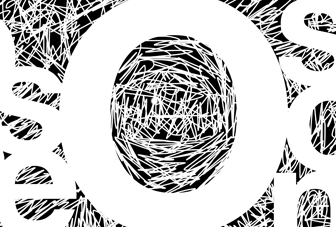
NothingProject type
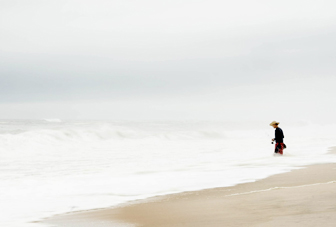
ObsessionProject type

A Person & Their TribeProject type
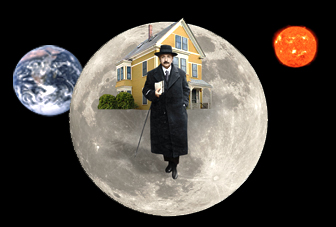
Education From a DistanceProject type
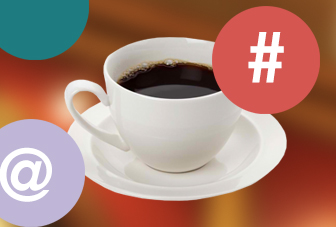
Coffee, Twitter, and RevolutionProject type
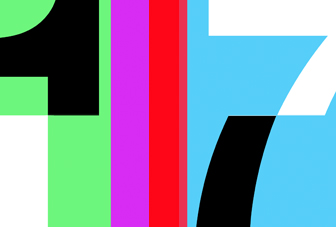
When I Turned SeventeenProject type
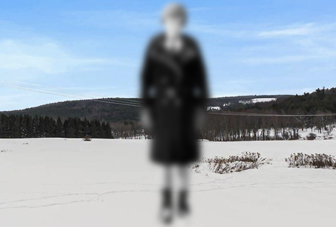
A Winter of IsolationProject type
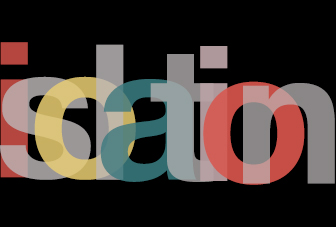
SpeechProject type
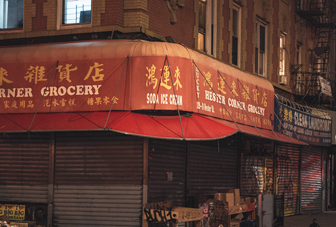
Desolation's PerseveranceProject type

CoraProject type
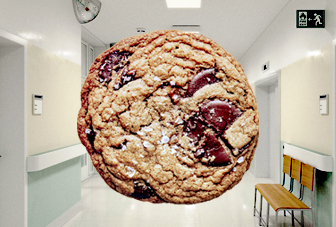
Hospital CookiesProject type
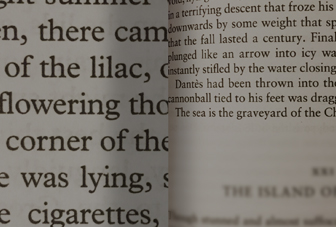
A Fragmentation of WordsProject type
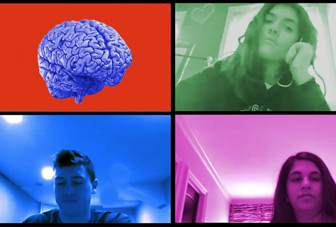
The Stress of Remote LearningProject type

Sweet SixteenProject type

WordsProject type

A Christmas CarrollProject type
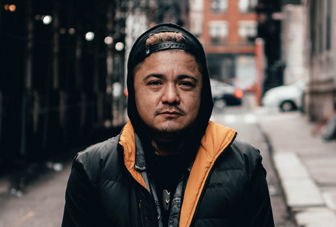
New York City 2020Project type

Qualified Immunity: Broken DownProject type
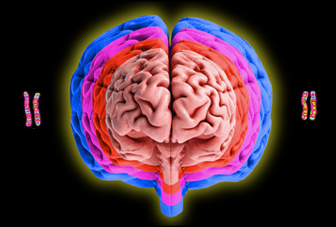
What Science Tells Us About Gender?Project type
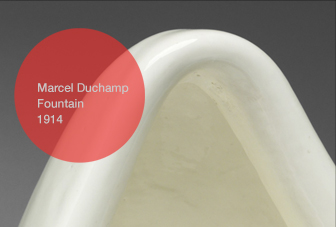
Beyond The Bathroom StallsProject type
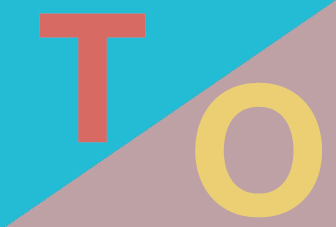
1 am thoughts on Trutharticle
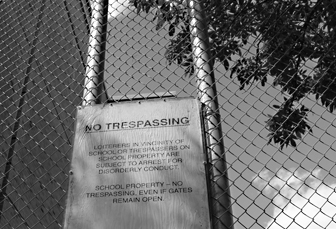
Brooklyn, NY During COVID-19Photo Gallery

AboutAbout Page
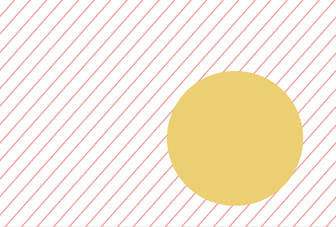
Submission InformationProject type
